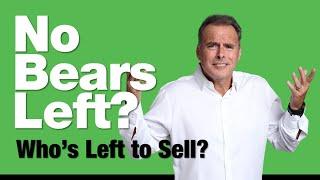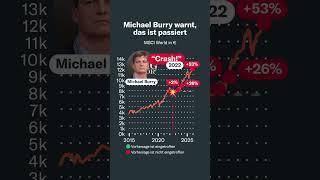| [Join YAPSS Membership, For Early Access to New Videos] https://www.youtube.com/channel/UCpzAAXa2cvyEnfc7rurcCcQ/join In this episode, Charlie Munger shared what got him interested in the subject of human misjudgement and how he developed his own system of psychology? In this episode, you’ll learn: - What got Charlie Munger interested in the subject of human misjudgement? - How Charlie Munger develop his own system of psychology? (https://www.yapss.com/post/collection-charlie-munger-70-human-misjudgement) #CharlieMunger #HarvardUniversity [Transcript] 00:08 CHARLIE MUNGER Well, I am very interested in the subject of human misjudgment, and Lord knows I’ve created a good bit of it. I don’t think I’ve created my full statistical share, and I think that one of the reasons was I tried to do something about this terrible ignorance I left the Harvard Law School with. When I saw this patterned irrationality, which was so extreme, and I had no theory or anything to deal with it, but I could see that it was extreme, and I could see that it was patterned, I just started to create my own system of psychology, partly by casual reading, but largely from personal experience, and I used that pattern to help me get through life. Fairly late in life, I stumbled into this book, Influence, by a psychologist named Bob Cialdini, who became a super tenured hotshot on a 2,000 person faculty at a very young age. And he wrote this book, which has now sold 300 odd thousand copies, which is remarkable for somebody. Well, it’s an academic book aimed at a popular audience and that filled in a lot of holes in my crude system. When those holes had filled in, I thought I had a system that was a good working tool, and I’d like to share that one with you. And I came here because of behavioral economics. How could economics not be behavioral? If it isn’t behavioral, what the hell is it? And I think it’s fairly clear that all reality has to respect all other reality. If you come to inconsistencies, they have to be resolved, and so if there’s anything valid in psychology, economics has to recognize it, and vice versa. So I think the people that are working on this fringe between economics and psychology are absolutely right to be there, and I think there’s been plenty wrong over the years. Well, let me romp through as much of this list as I have time to get through, 24 Standard Causes of Human Misjudgment. |
Tags:






































